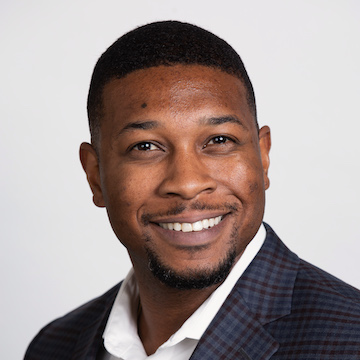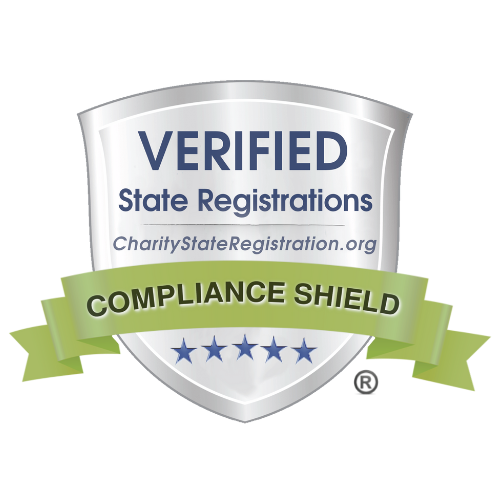Joe Latham

Branch: USMC
Years Served: 16
Rank: E6-SSGT
Military Occupation: Infantryman
Hometown: Ladera Ranch, CA
Twitter Handle: @joemlatham
Tell us a little about you outside of the military:
- I am a mental health provider that works at Irvine Valley College, a Community College school system in California.
Why are you participating in the fly-in with IAVA?
- To gain an in-depth understanding of how legislation is created and how change occurs within our country.
- Also to advocate for my brother and sister and hopefully provide an insightful perspective on the challenges and obstacles veterans face.
How did your military experience shape you to be the person you are today?
- I joined the Marine Corps in the beginning of 2001, and shortly after 9/11 occurred, my life was immediately turned upside down. There was an immense amount of information and training I had to absorb prior to my deployment. I was both fearful and exhilarated about this new journey. It was an intense chapter of my life, and I learned that to succeed one must persevere through challenges and use failures as an opportunity for growth.
- More importantly, I learned that the unbreakable bond you share with your fellow military members is an essential part of surviving combat. My peers and I knew everything about each other. We discussed a lot; nothing was taboo, and the relationships we built were genuine and pure. One man, in particular, became my mentor and had a profound impact on my life. He was the first man in my life to teach me the value of an interpersonal bond and made it easy for me to share my thoughts and feelings. I learned the importance of trusting another with my vulnerabilities and allowing someone to help guide me through emotional struggle. Through this relationship, I recognized the importance of a meaningful and empathic connection.
- I had planned to stay in the military for life, until I noticed that my peers from my first deployment started losing their battles with mental illness. Their deaths completely ignited a new purpose within me. I wanted to continue to be of service, but in a new capacity, by helping the men and women who protect our country heal from the pains of combat.
- As a clinician, I work towards creating a safe space to help others share their painful and/or disturbing experiences. By creating relationships based on compassion and empathy, I work to strengthen the therapeutic alliance. I believe that emotional exploration is essential in helping others increase their awareness and better understand their own psychological development. My own experiences have increased my awareness and knowledge of the impact of culture and trauma when understanding one’s identity development.
- My graduate training has opened my eyes to the drastic effect that stressors can have on a person’s mental health and reinforced my beliefs in the positive effects that interpersonal relationships can have on the healing process. I believe that healthy relationships play a major role in helping clients improve their overall mental health. On an internship, my goal is to incorporate the value of a therapeutic alliance with clinical interventions, learning through both supervision and application. I feel proud of where my passion and professional dedication have brought me, and I am excited about my future in this profession.
Which one of IAVA’s policy priorities do you believe is the most pressing? Why?
- Well, based on my professional opinion, I believe mental health intervention and treatments for the veteran community are the most important. The earlier the intervention occurs, the better the prognosis. Mental health engagement before leaving the service and immediately upon discharge can help the veteran community to normalize treatment. Additionally, supportive care and more veteran mental health providers can help to promote mental health awareness.
- I have a patient who sees me and discusses why he feels I am the therapist for him. He shared it has had a profound impact on his mental health. I didn’t think we were meeting his treatment goals, but he said he “felt more comfortable” with me to discuss the uncomfortable scenarios, and I didn’t try to change him or do a worksheet with him. Additionally, This relationship provides him with hope; as a provider, I understand this is necessary for change.
Which one of IAVA’s policy priorities do you have the strongest personal connection to? Why?
- Modernizing the VA health care system. There should be more veterans serving veterans, and based on my experience working in the VA, their charting systems are old and outdated. We can do better for the people who served our country.
- As for the Veterans serving veterans, I would incentivize veteran providers. Everything about me in the military, my walk, dialogue, etc., and as a provider, my patients (veterans) know. However, it is more beneficial for me to work in a different setting than the VA, such as a college (current job) or private practice.
- Also, Tricare insurance pays out less for mental health care, and I believe that veterans may get turned down because of it, or it becomes a financial burden to make up the difference for a provider who can treat their mental health effectively. I have both Tricare (from retirement), and blue cross (current job), and most providers accept the blue cross because it pays more. The inequity of care exists because insurance pays out differently.
Day2_Joe Latham from IAVA Videos on Vimeo.
More #AllStarAdvocacy videos are available in IAVA’s 2023 All-Star Advocacy Fly-In video showcase.





